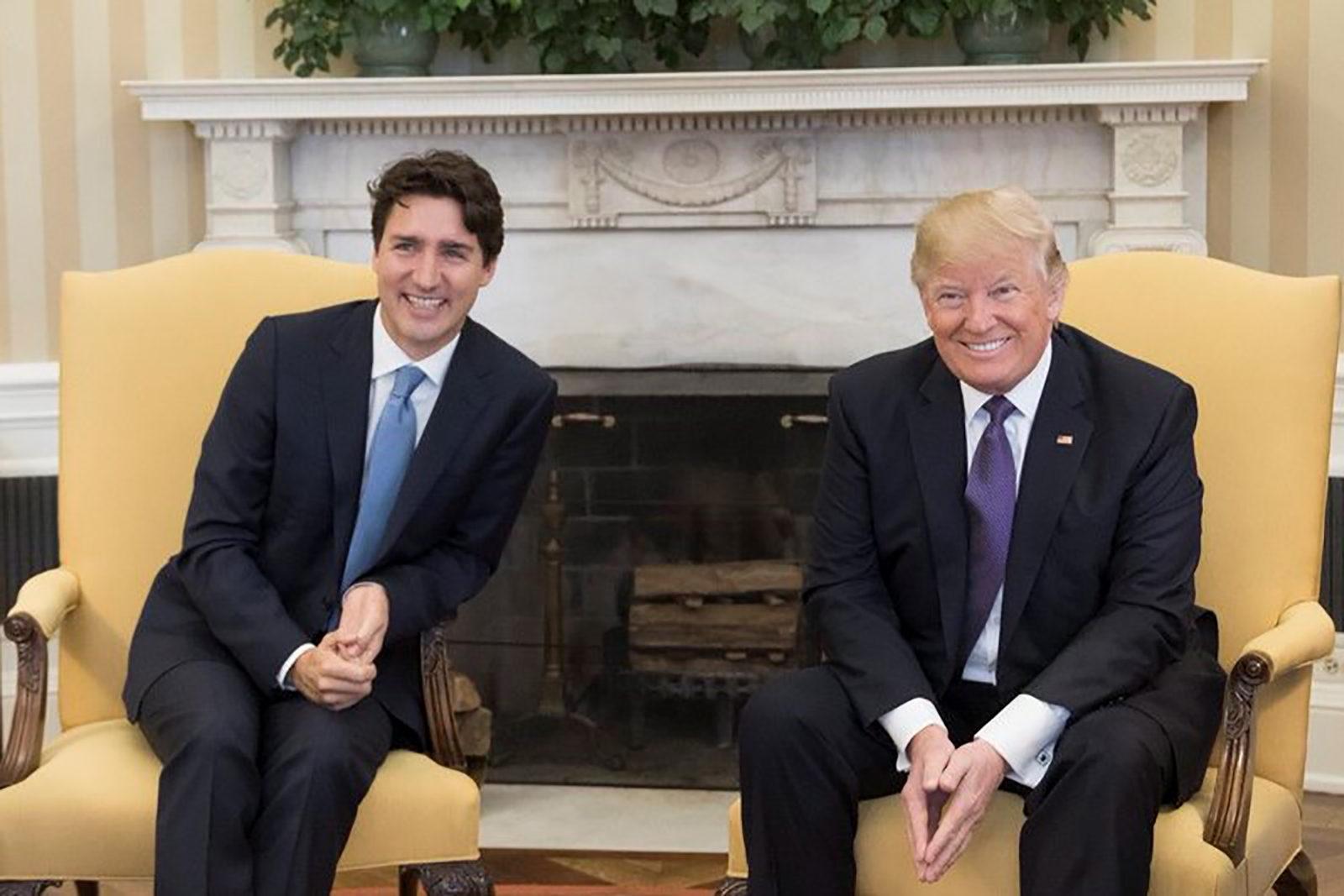
PHOTO COURTESY WIKIMEDIA COMMONS
The United States and Canada have always had fairly different reputations — with one for things like maple syrup, hockey and wintertime, and the other for things like freedom, guns and obesity. However, lately, it seems that our international perceptions are more different than ever before, and in a way that’s having significant impacts — especially when it comes to colleges and universities.
An article published Saturday in The Boston Globe reported that more international students than ever before are opting to go to college in Canada rather than the United States, with our neighbor to the north having seen a 92 percent increase in international enrollment since 2008.
Although there is an infinite number of possible factors causing this trend — from dedicated international recruitment efforts by Canada to higher tuition costs in America, the influence of the Trump administration on students considering colleges in the United States is also playing a major role. President Donald Trump’s policies and stances concerning immigration and refugees, and the way they have impacted the culture and climate of the American public are playing no small role in this shift.
Although we do not have data on the level of influence each factor is playing in this new trend, it is becoming increasingly clear how heavily the Trump administration is weighing on international students’ college choices. Although Trump’s presidency itself poses some very real challenges for international students, the far greater threat comes from the kind of things his time in office has normalized.
Lately, the United States has been making international headlines for neo-Nazis, white supremacists and a general rise in racist, sexist nonsense. That is not a great image for us to have. If those are the kinds of things prospective students are reading about the United States, it is no surprise they’re a little more hesitant to come to school here. Canada just doesn’t have those same problems. In fact, they have made headlines for enacting policies that are polar opposite to those of the United States in respect to immigrants and refugees in particular.
Boston University has a very significant population of international students. This past August, U.S. News and World Report identified BU as one of the 10 universities with the most international students in the United States. However, contrary to the trend suggested by the article in the Globe, BU’s international student population has been steadily on the rise over the past several years. In 2014, over 7,800 graduate and undergraduate students studied at BU, a number which rose to more than 8,400 in 2015, and then again to more than 9,000 in 2016. This puts our total international student population at more than 20 percent.
Maybe it is because of this large base of international students that we are a more welcoming place for these students to study, posing less of a culture shock for students from abroad. But then again, maybe not. It is far too soon to know for certain how the Trump administration will affect our international enrollment. Lately, it seems easy to forget that it has not even been a year since President Trump was elected. However, if this trend toward Canada continues, its effects could be deeply felt by American universities over the next several years.
It remains highly unlikely that Canada’s international student population will actually surpass that of the United States. Though U.S. universities are significantly more expensive than their Canadian counterparts, it is these same high prices that make our schools the caliber that they are. We are able to invest in higher quality professors, programs and facilities, and those things make a big difference. The kind of rankings and name recognition that prestigious American universities hold will just never be matched by those of Canadian schools, regardless of our political climate or anything else — though this does not mean we should not be worried.
When a student graduates from college in America, they have a degree that holds some weight internationally — their job prospects are far broader and better. However, when international students have to struggle to get work visas after graduating, with the fear of deportation breathing down their necks, we are not encouraging these students to come to school here. This should not be the case.
Though not all of these issues are readily apparent at BU, we are more likely than not losing international applicants to Canadian schools already.
From the day they start school to the day they graduate and beyond, international students are great for U.S. schools, businesses and cities. If we continue to create situations where these students are afraid to attend colleges and universities here, no one wins.